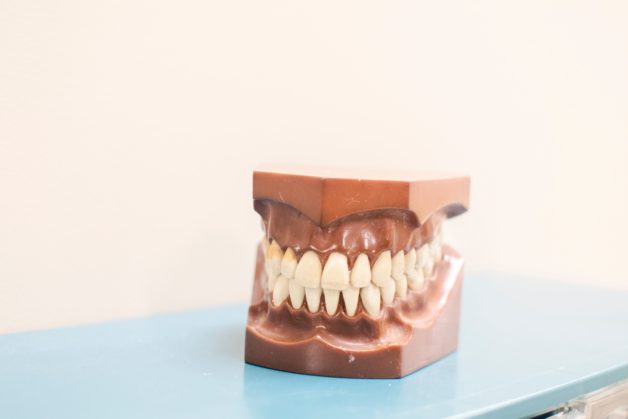A Guide to Getting Dental Implants

If you are missing a tooth or two and don’t want to settle for dentures, you have the option of dental implants. More dental clinics, including those specializing in cosmetic dentistry, now offer the treatment as a better alternative to dentures and dental bridges. You can even talk to your dentist about 24 hr dental implants. While fairly new in the industry, dental implants have come a long way and are considered the most effective and permanent way of replacing natural teeth. An implant is not a tooth but a root replacement made of titanium. If you are wondering whether this is the right treatment for you, here’s what you need to know.
What are the pros of dental implants?
When you visit your cosmetic dentist or prosthodontist for dental implants, they will do a complete oral exam and order 3D imaging tests to determine if you can benefit from the treatment. There are some apparent advantages of dental implants. Firstly, implants become a part of the mouth and require no additional care. It is not like having dentures that you must clean with a particular solution every night. Because dental implants replace the missing tooth roots, there is no decline in bone mass density, which can otherwise impact other natural teeth. You can also continue to eat and enjoy the foods you like and will never have to worry about cavities and tooth decay.
Are there any concerns related to dental implants?
Any surgical procedure comes with an inherent set of risks, including inflammation and infection, and dental implant treatment is no different. Getting implants also require you to have adequate bone, without which you may need to go for additional gum and bone grafting procedures.
Affording dental implants
The cost of dental implants is slightly higher than dentures and dental bridges, but since there is no need for future replacements, the price is worth paying. You can get all-on-4 dental implants for less than $10,000, and many clinics also offer easy payment plans that make the treatment more accessible for patients. Insurance may or may not cover the cost of the treatment, but you can always talk to your dentist.
Will there be pain?
Your dentist will place the dental implants under local anesthesia or IV sedation, and therefore, there wouldn’t be any pain or discomfort. You may need to take medications to accelerate the healing process, while painkillers can help reduce the sensations after the anesthesia effects wear off. Call your dentist now!


